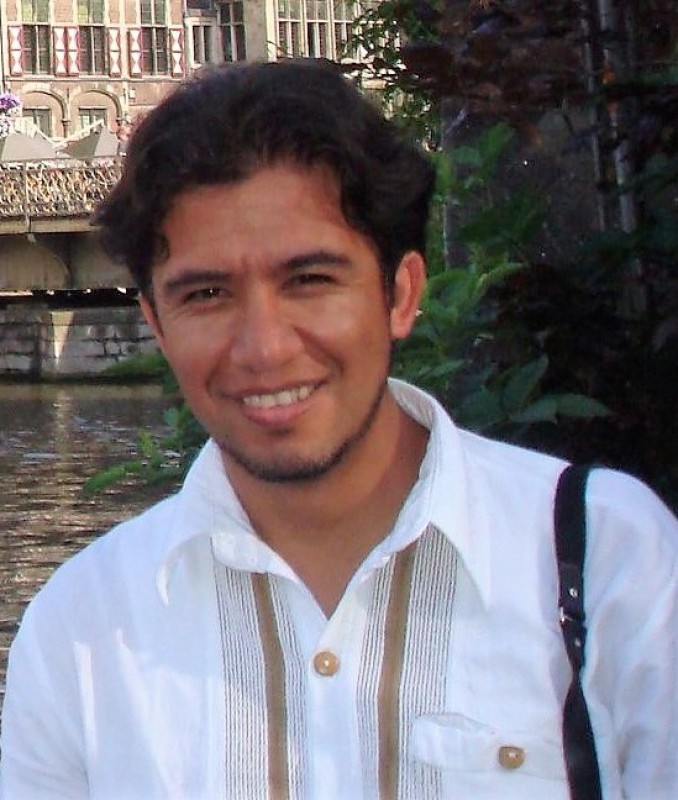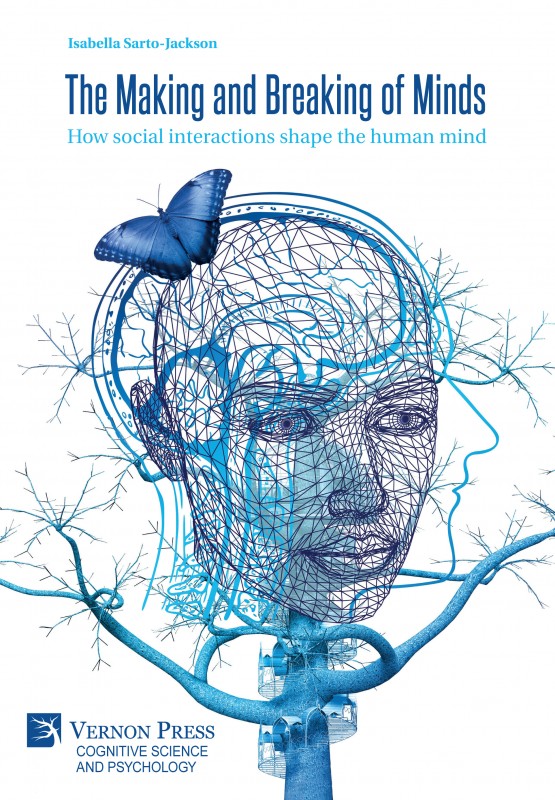News
2023-05-01
Welcoming Anna-Katharina Brenner to the KLI
Brenner's project "The Critical Role of Built Infrastructure for the Transformation towards Sustainability" examines the co-evolution of built environments and formal and informal rules that contribute to the climate crisis and social-ecological inequalities.
2023-04-26
Making a Whole Biont: An Organizational Account of Physiological Individuality
Leonardo BICH (University of the Basque Country), 2023-05-04 15:00 (CET). To join our colloquium please register with Zoom
2023-04-13
Evolutionary Theories for Social-Ecological Change
Working Group Presentation on 20 April, 2023, 3.00 pm. To join the hybrid event please register with Zoom.
2023-04-06
Unscripted Plant Development: Adventures in the Interaction Space
Sonia SULTAN (Wesleyan University), 2023-04-13 15:00 (CET). To join our colloquium please register with Zoom
2023-03-20
Social Interaction and Material Culture in the Transmission of Music: An Evo-Devo Approach
Luis Alejandro VILLANUEVA HERNANDEZ (KLI) 2023-03-30 15:00 (CET). To join our colloquium please register with Zoom
2023-03-14
Workshop report: Evolutionary biology meets sustainability in practice
Orsolya Bajer-Molnaar and Marina Knickel propose transdisciplinary approaches at the first PRAGMATICK workshop on the Stockholm Paradigm, the DAMA Protocol, and citizen science
2023-03-13
Biological Theory’s new March issue
The editors of BT summarize the March issue 18(1) , with links to free epdfs.
2023-03-13
Interview: Why matter matters when it comes to minds: a conversation with David Harrison
David Harrison talks about the core philosophical insights, the practical implications, and the motivations behind their new paper: “Mind the matter: Active matter, soft robotics, and the making of bio-inspired artificial intelligence.”
2023-03-13
Research Blog: Parkinson’s disease, affordances, and networks
To better understand certain phenomena in brain disorders such as Parkinson's disease, Marco Treven argues that we need to look beyond the brain.
2023-03-01
Kulturwandel in Krisenzeiten: praktische Weisheit für die Wissenschaft
Wie antike Philosophie mit nachhaltigen Lösungen zusammenhängt
2023-02-23
Save the dates! Announcing the 2023 spring-summer colloquium series
The 2023 spring-summer KLI Colloquium series will resume in March, with a great line-up of speakers from the KLI and beyond.
2023-02-14
The Making and Breaking of Minds. How social interactions shape the human mind
Isabella SARTO-JACKSON (KLI) 2023-03-09 15:00 (CET). To join our colloquium please register with Zoom
2023-02-06
Videos from the University of Vienna Mendel200 project are now available!
Watch the eleven symposium videos and five Mendel stories on our Youtube channel.
2023-02-01
Leo Bich to write Cambridge Elements book on Biological Organization
Visiting fellow Leo Bich has signed a book contract with Cambridge University Press to write about "Biological Organization."
2023-01-24
New paper: Practical wisdom can inform the practice of sustainability researchers
New paper in Nature Sustainability by Caniglia et al. outlines a new role for practical wisdom and virtue ethics in knowledge co-production for transformative change.
2023-01-04
Welcoming Sonia Sultan to the KLI
Sultan's project "Updating the Single Evolutionary Currency" will seek to resolve the role of genetic variation in adaptive evolution from an ecoevodevo perspective.
2022-12-16
Towards a Philosophy of Techno-Science
Federica RUSSO (University of Amsterdam) 2023-01-19 15:00 (CET). To join our colloquium please register with Zoom
2022-12-14
Professional development at the KLI
Each winter, the KLI organizes a two-part professional development workshop for our fellows to get to know each other-- both as people and as researchers.
2022-12-13
Our KLife Newsletters are now online!
PDF versions of our KLife Newsletters are now available for download.
2022-12-13
The 2022-23 Writing-up Fellows of the KLI
How do the fellows of the "Cognition and Knowledge" cohort navigate the intersecting domains of evolution, sustainability, and cognition?



















